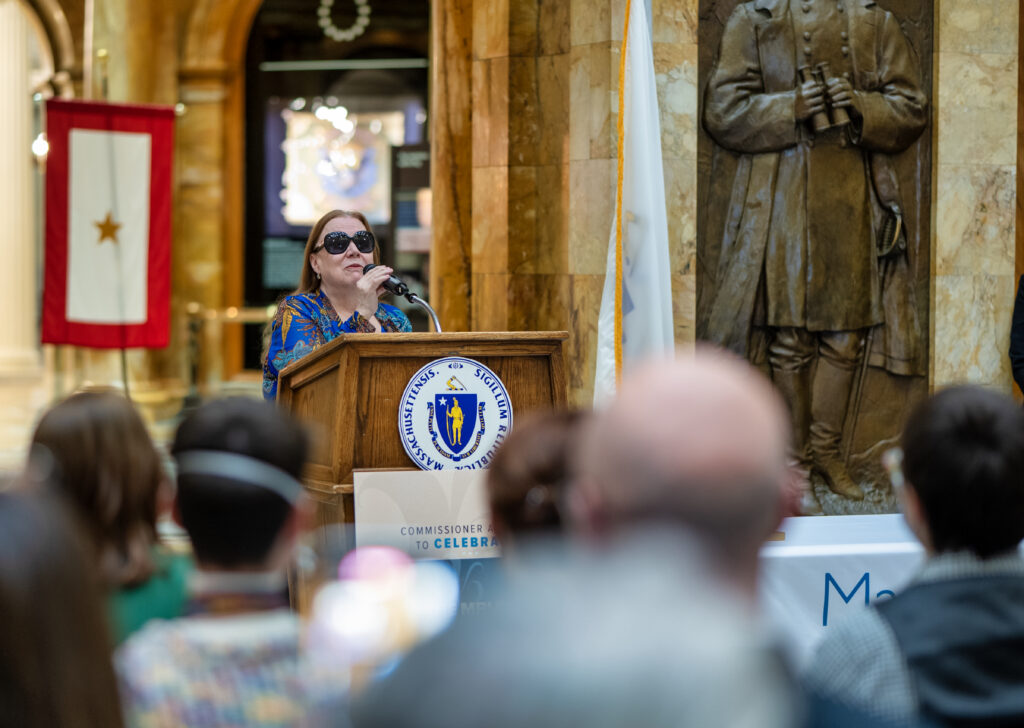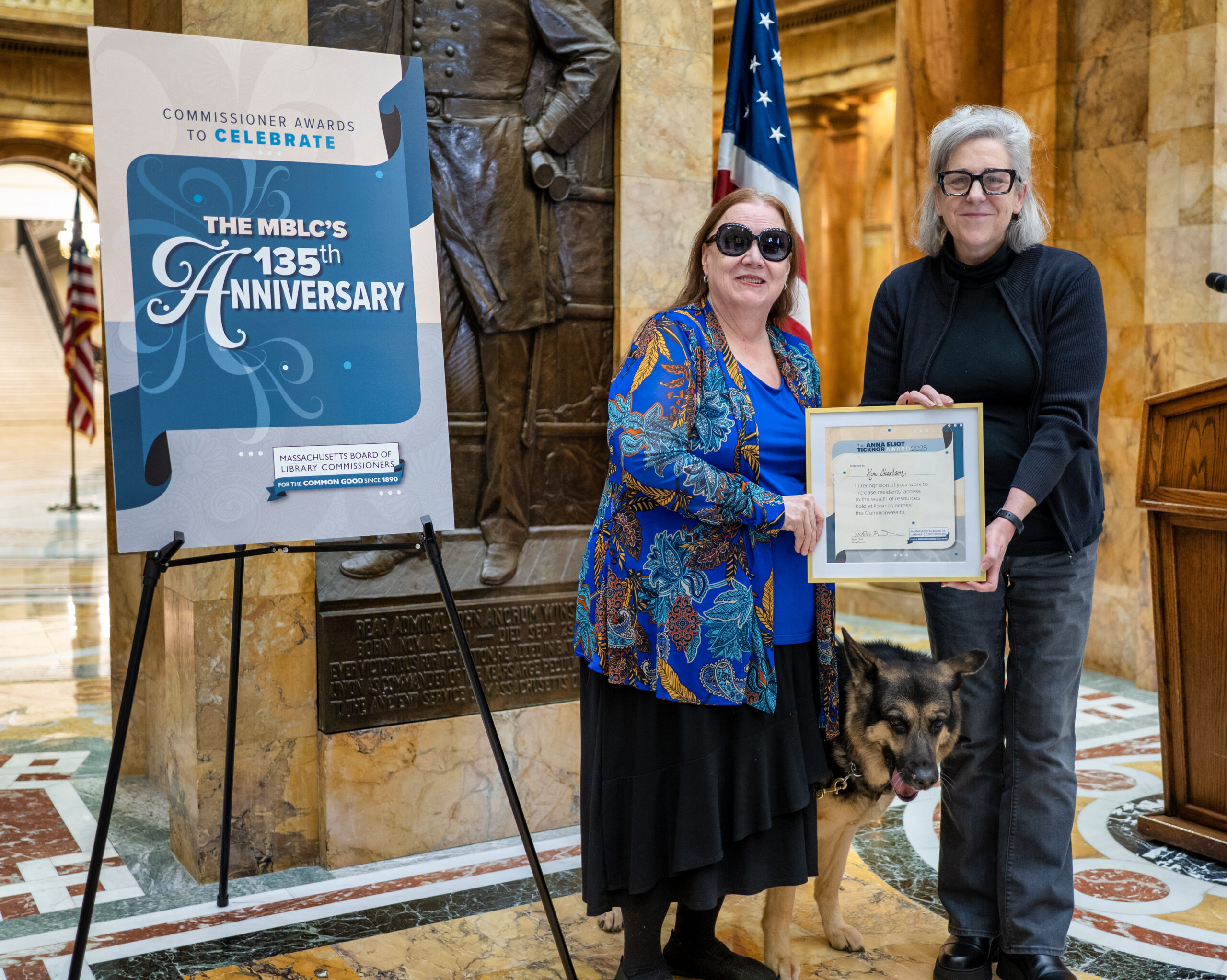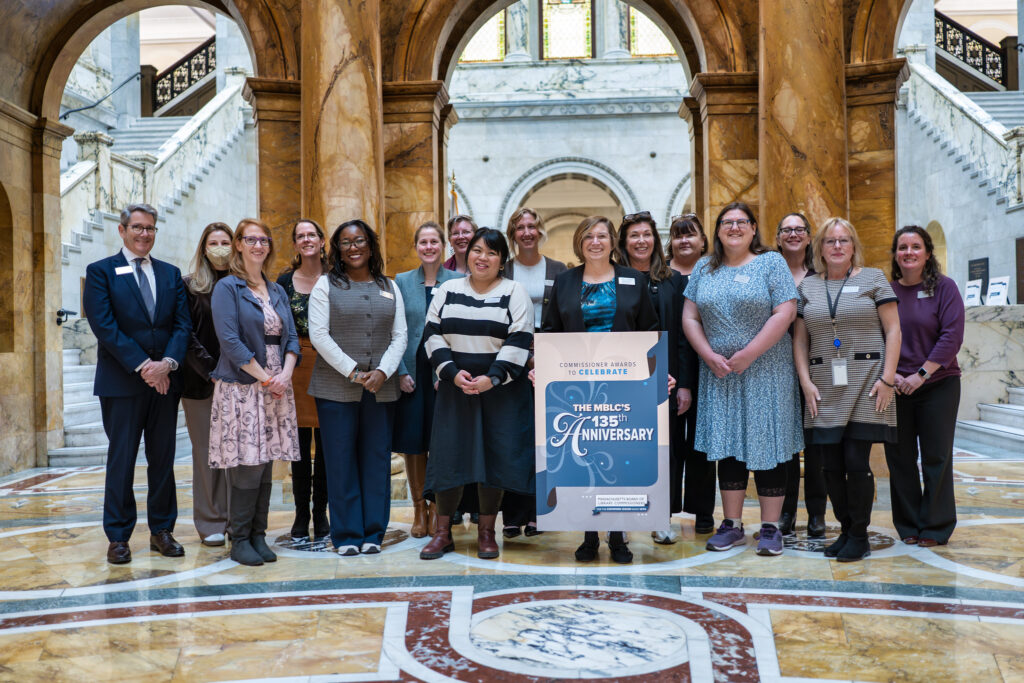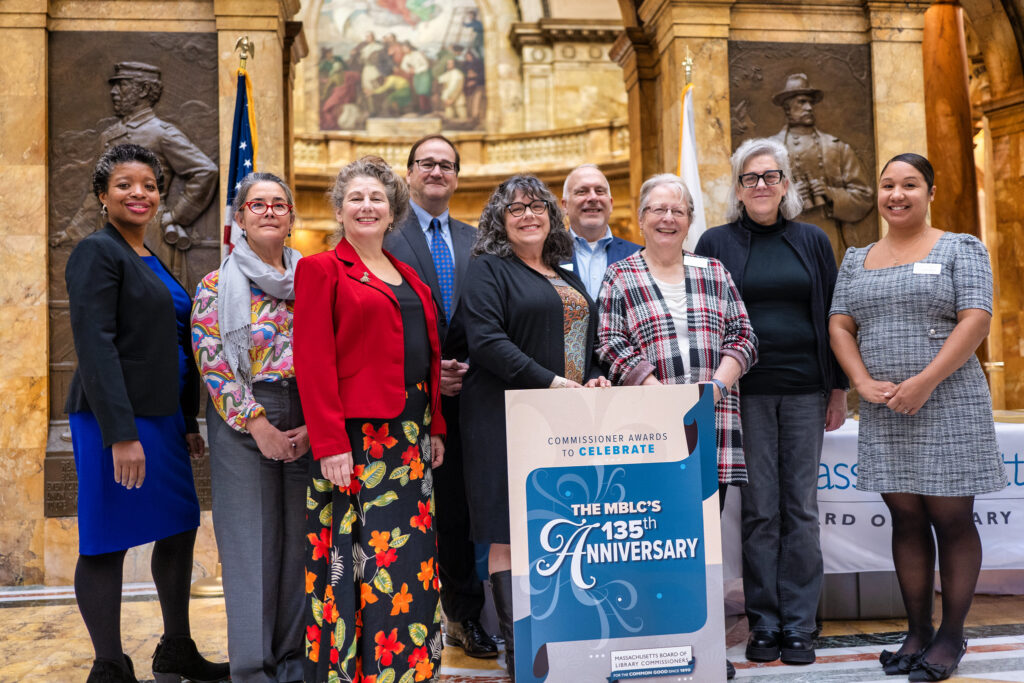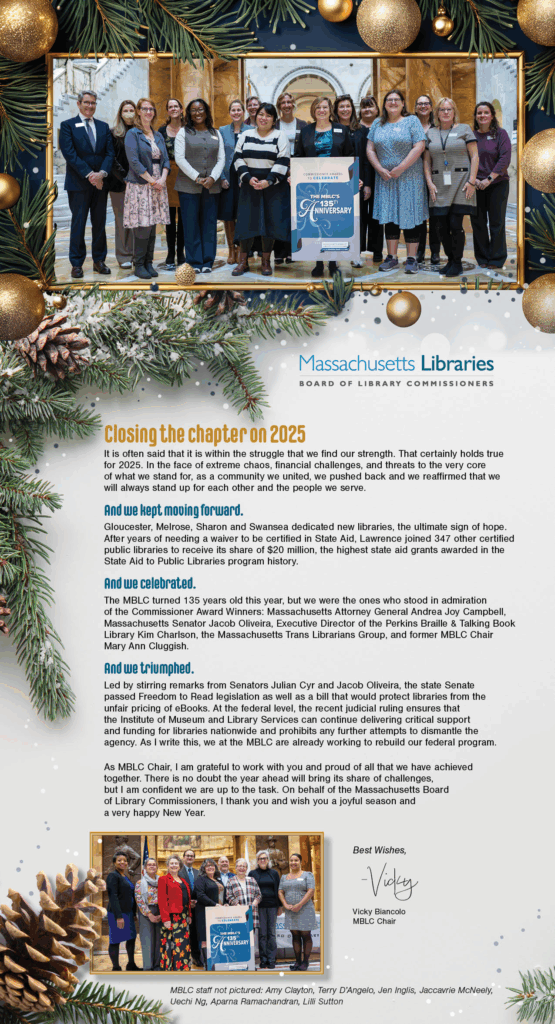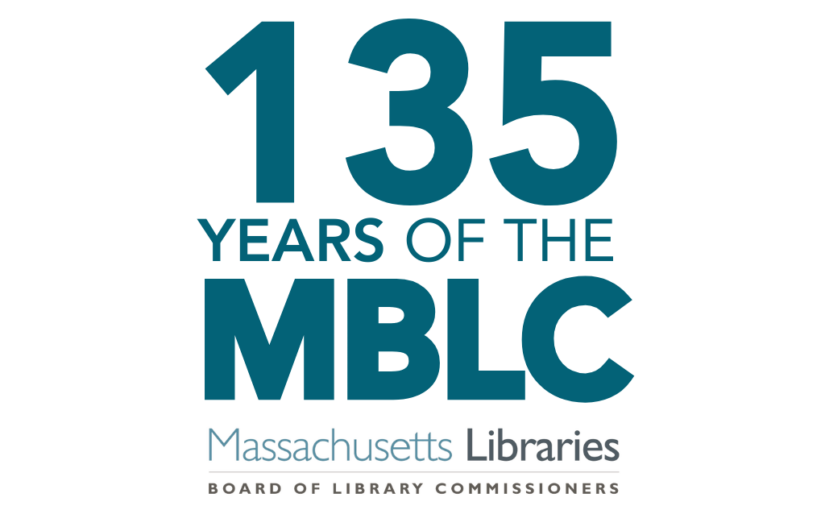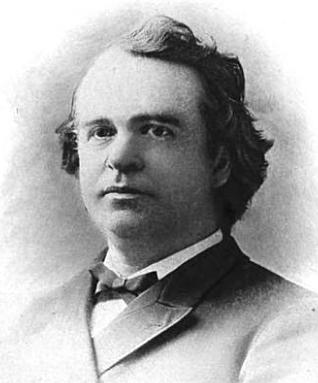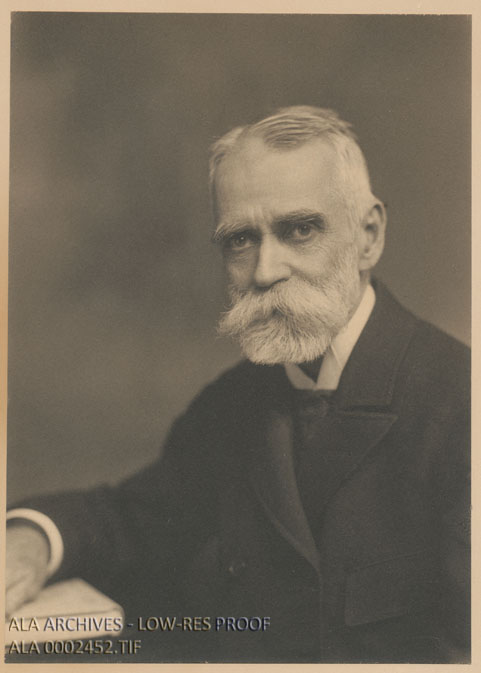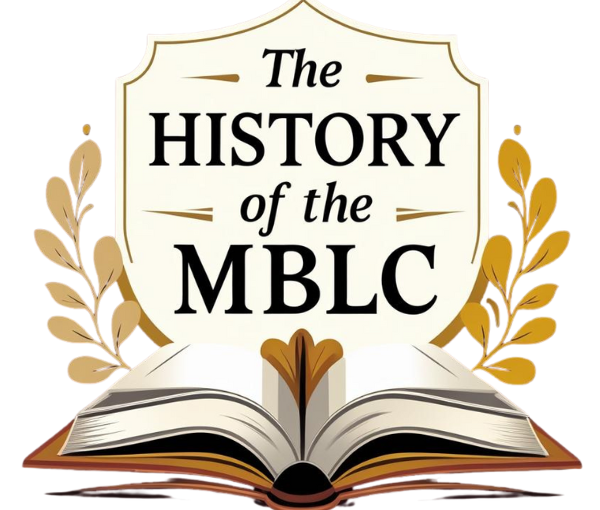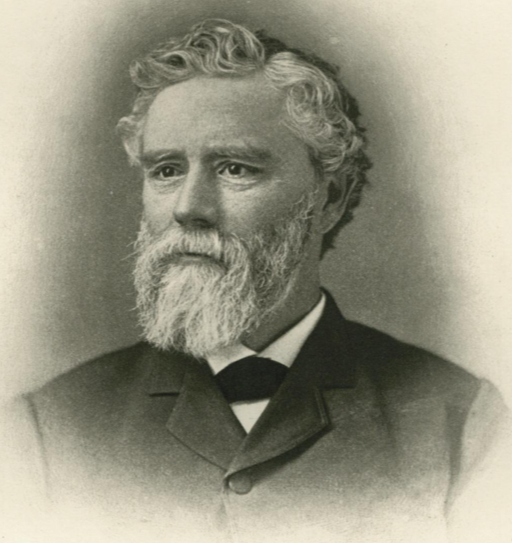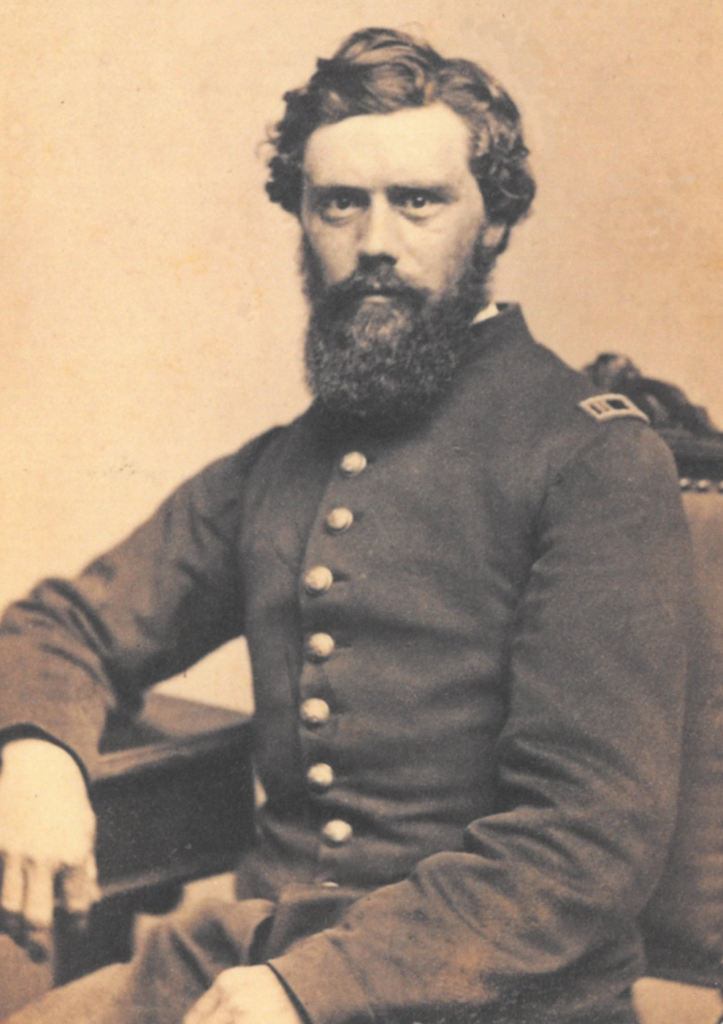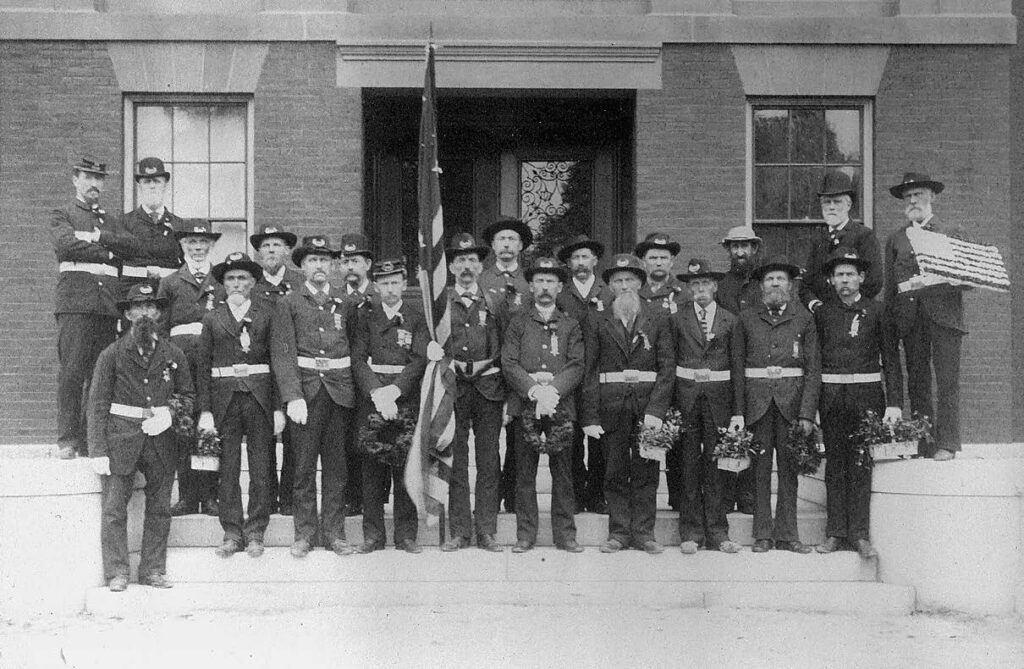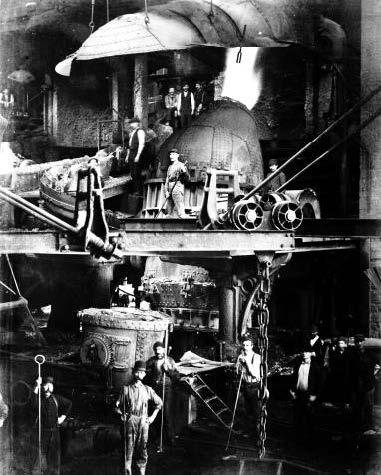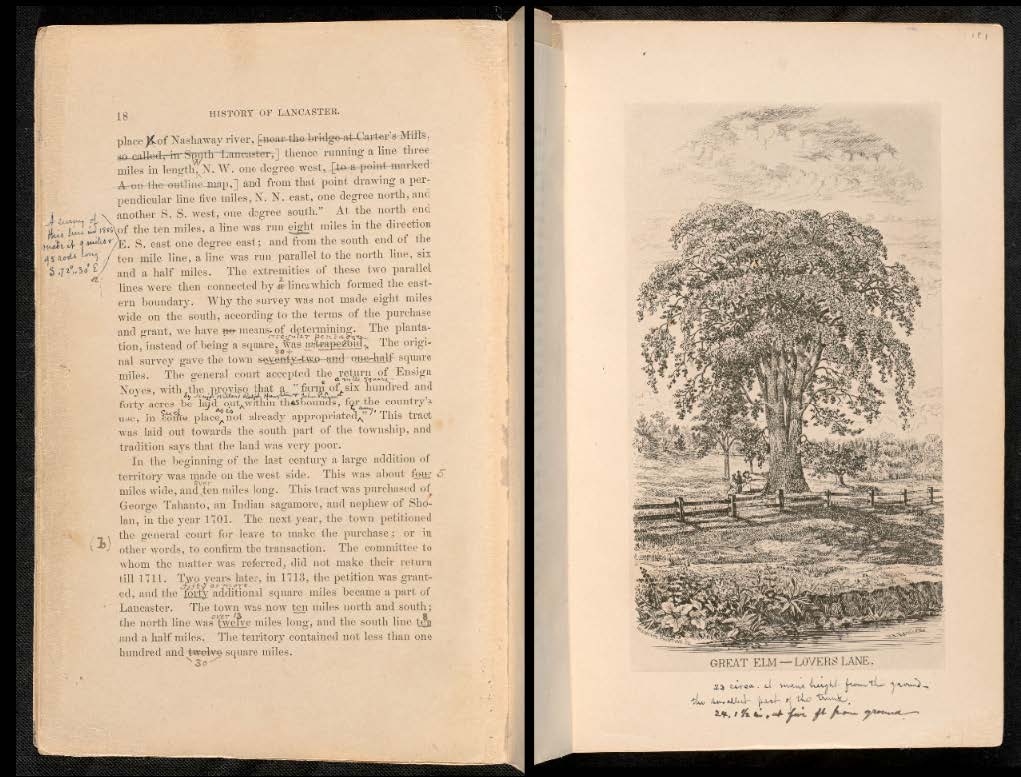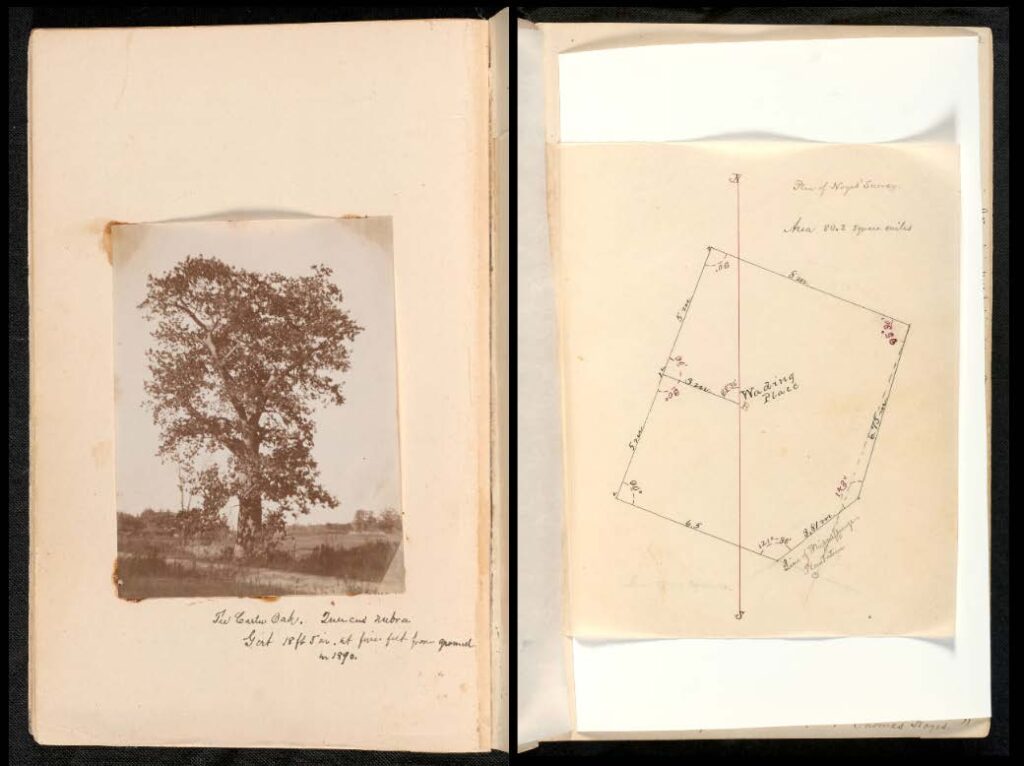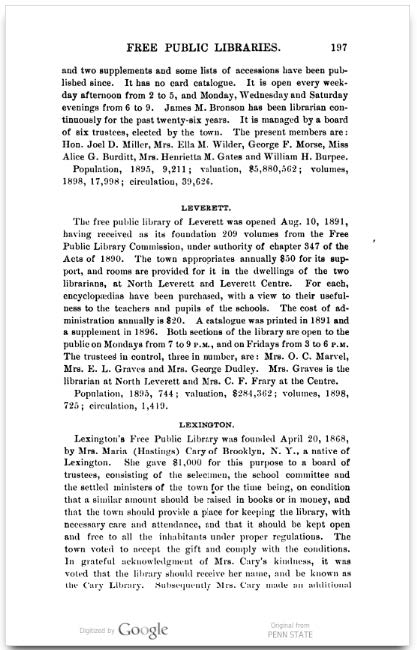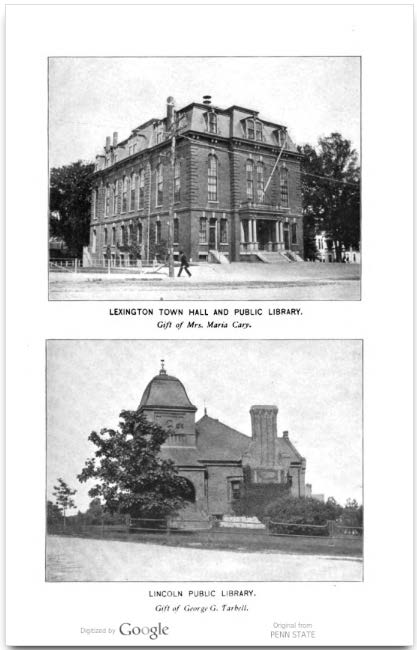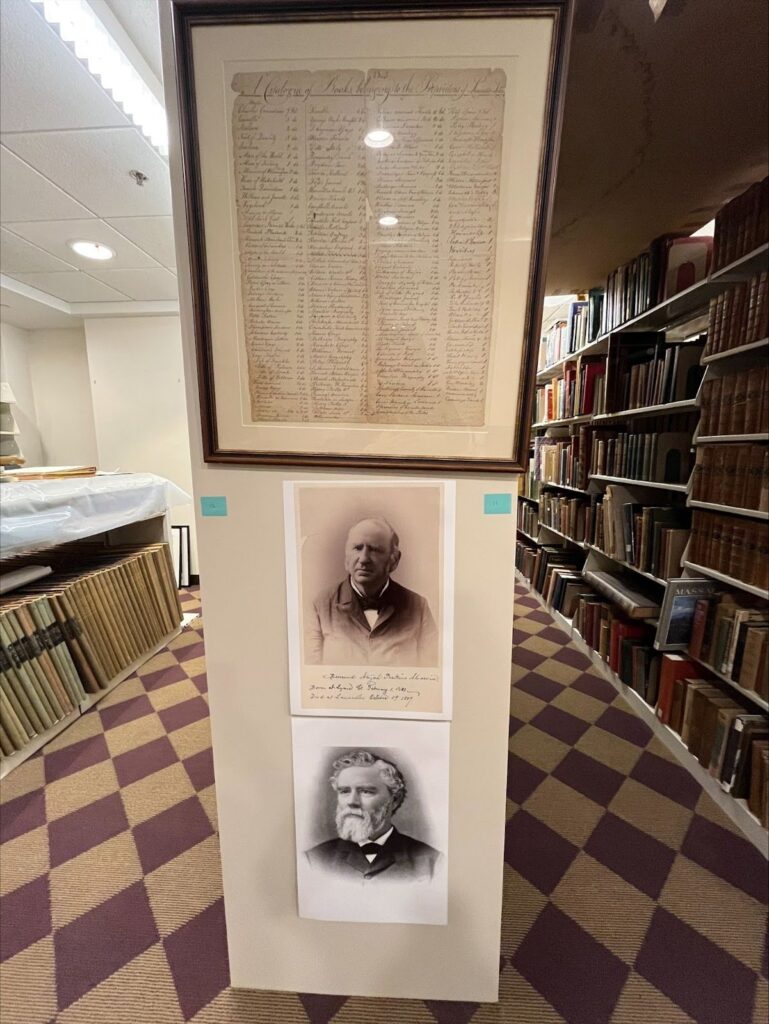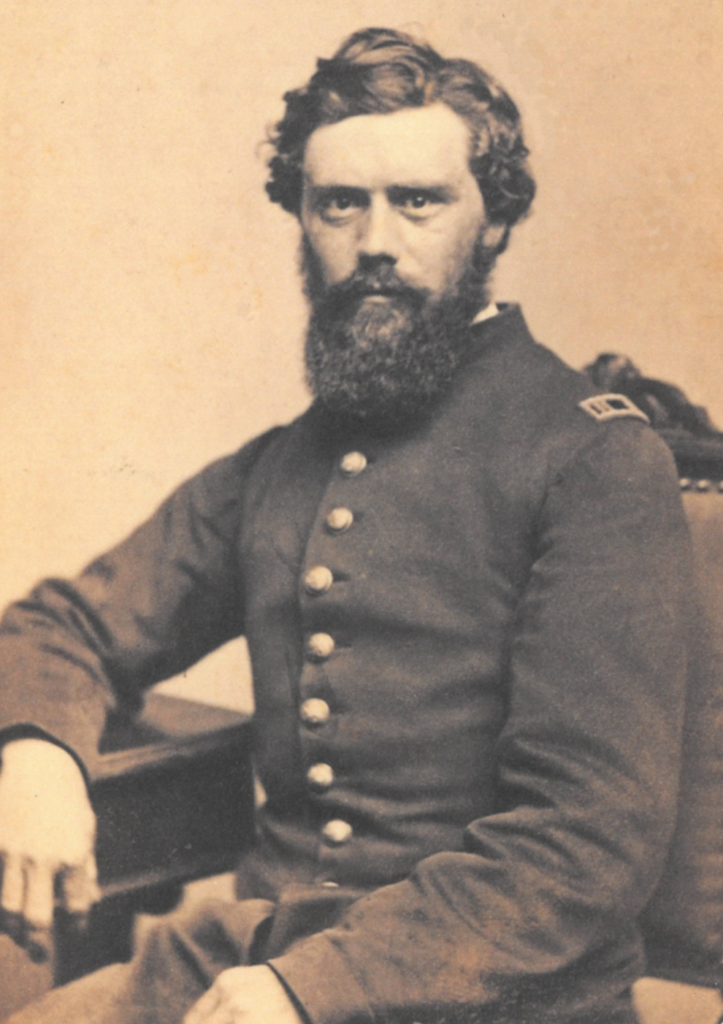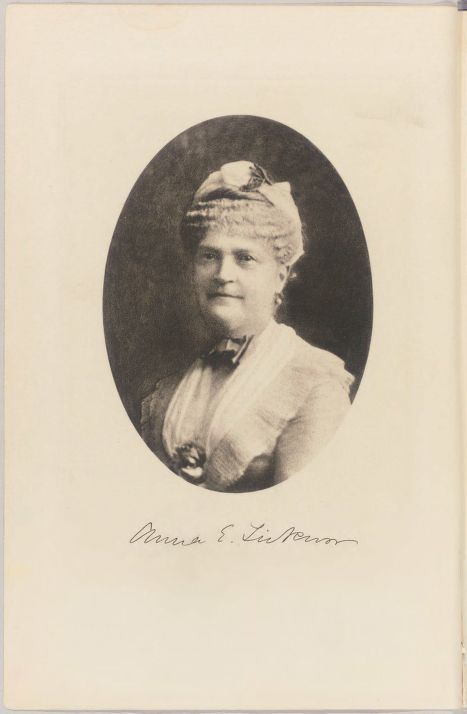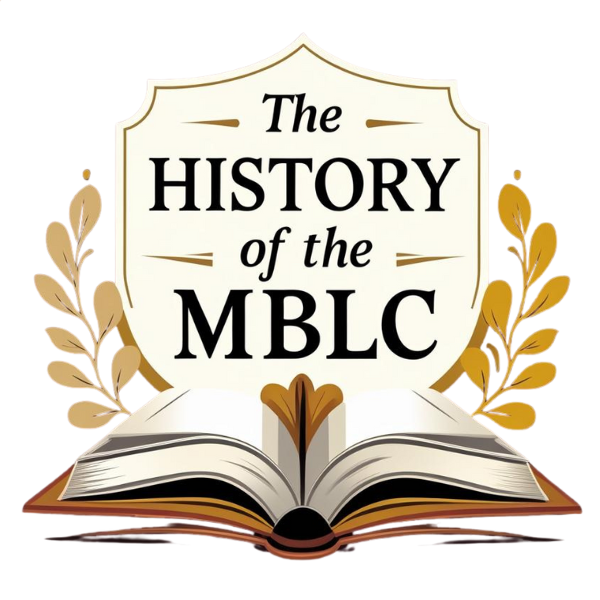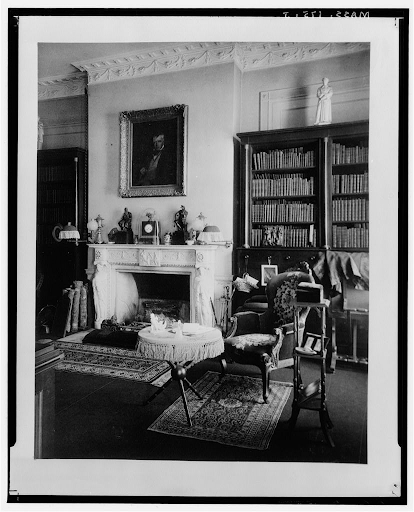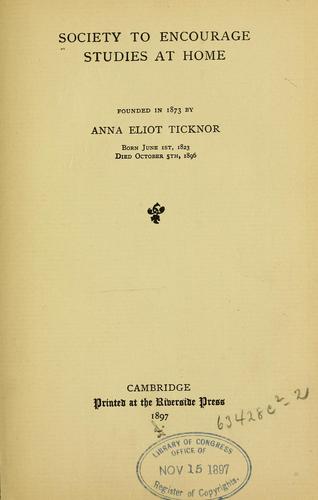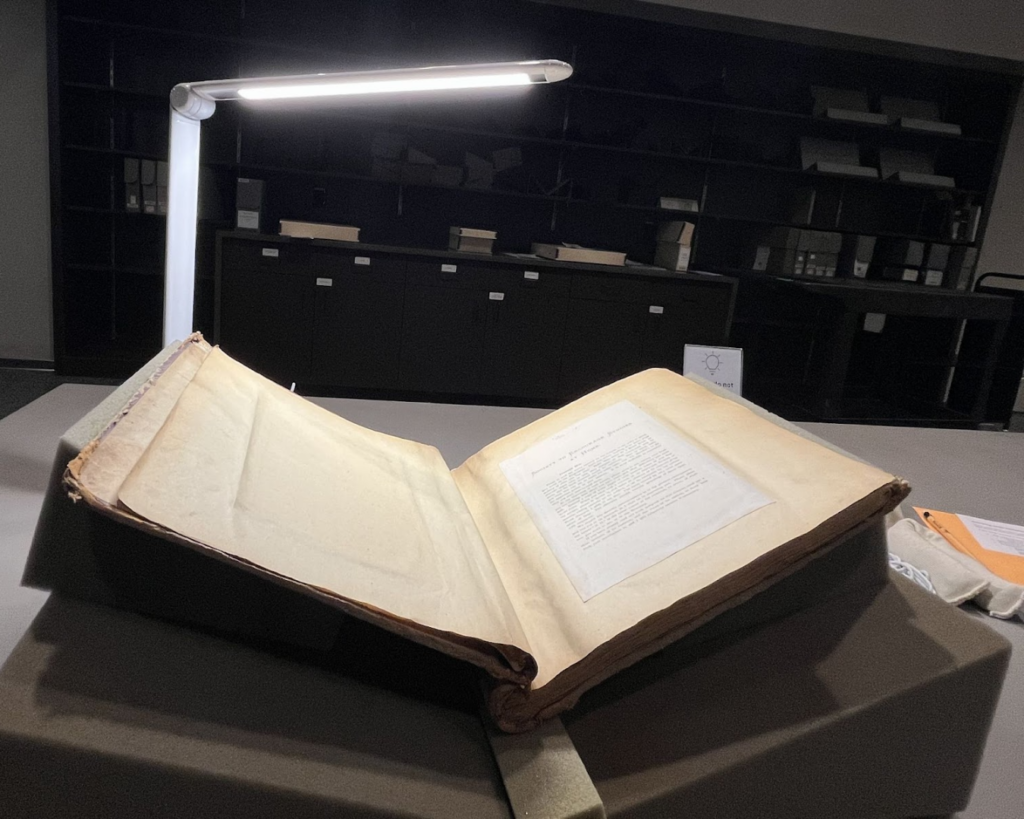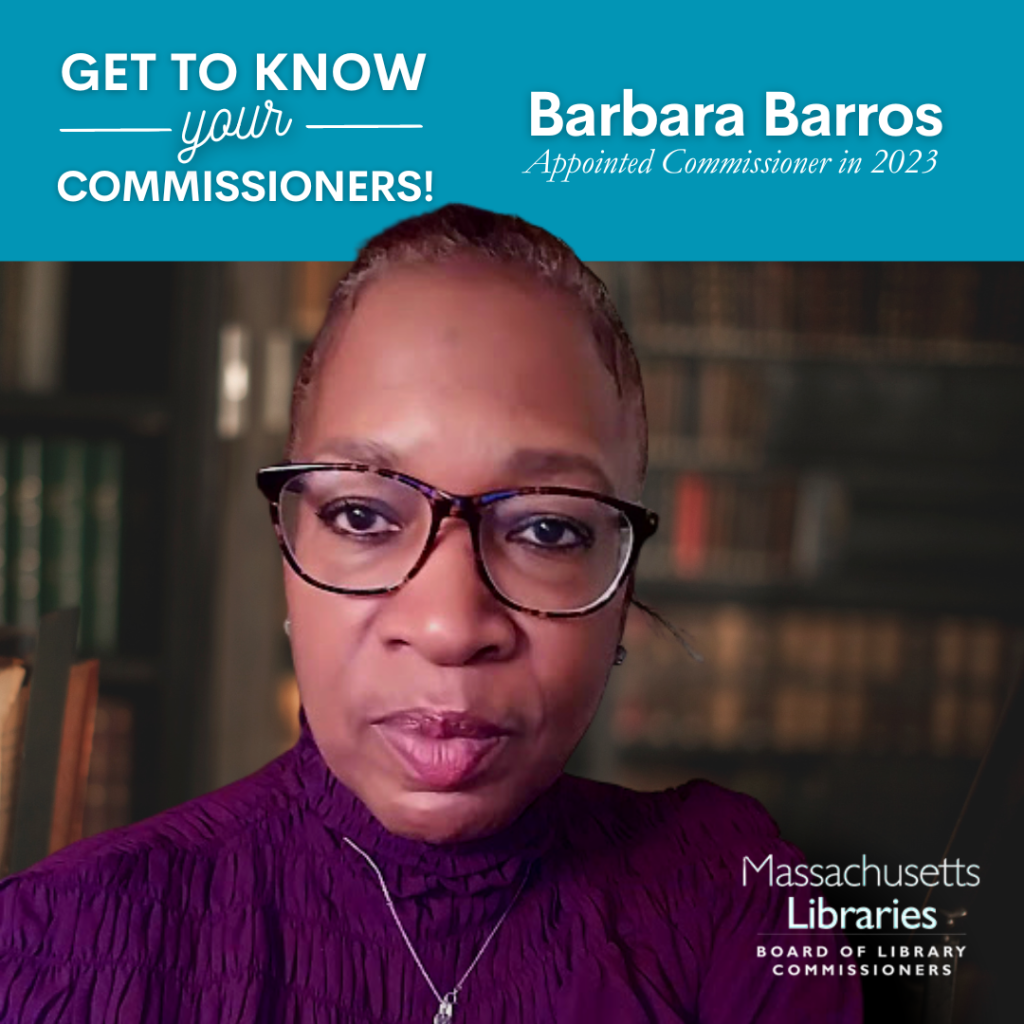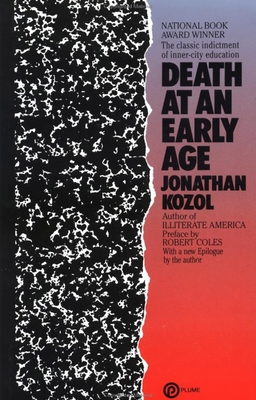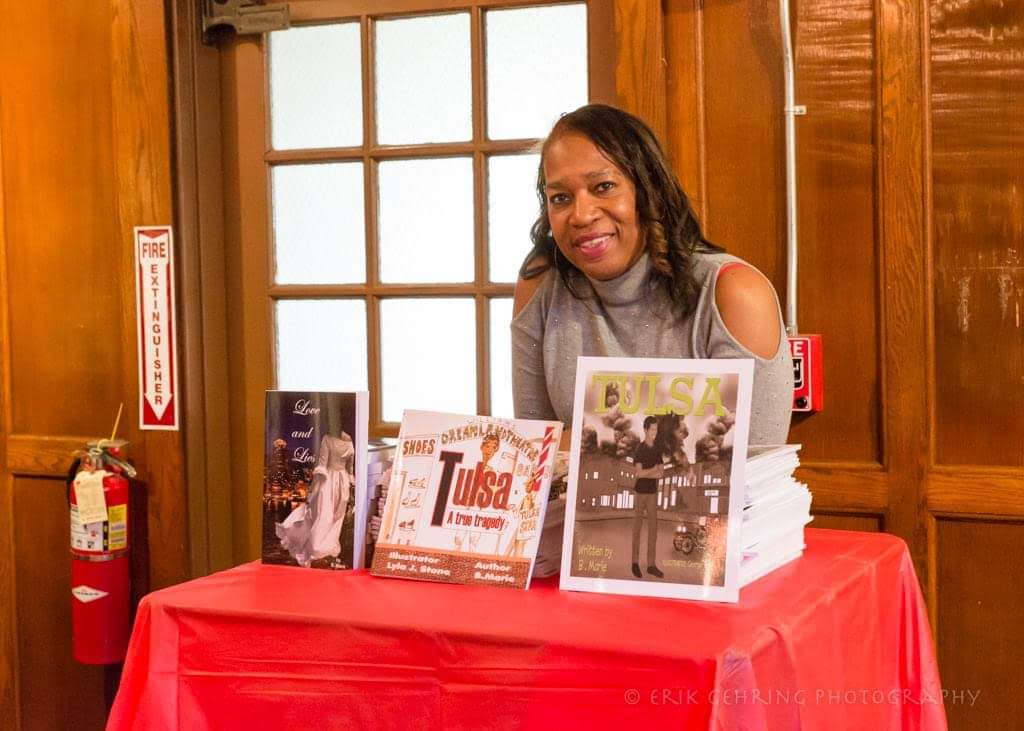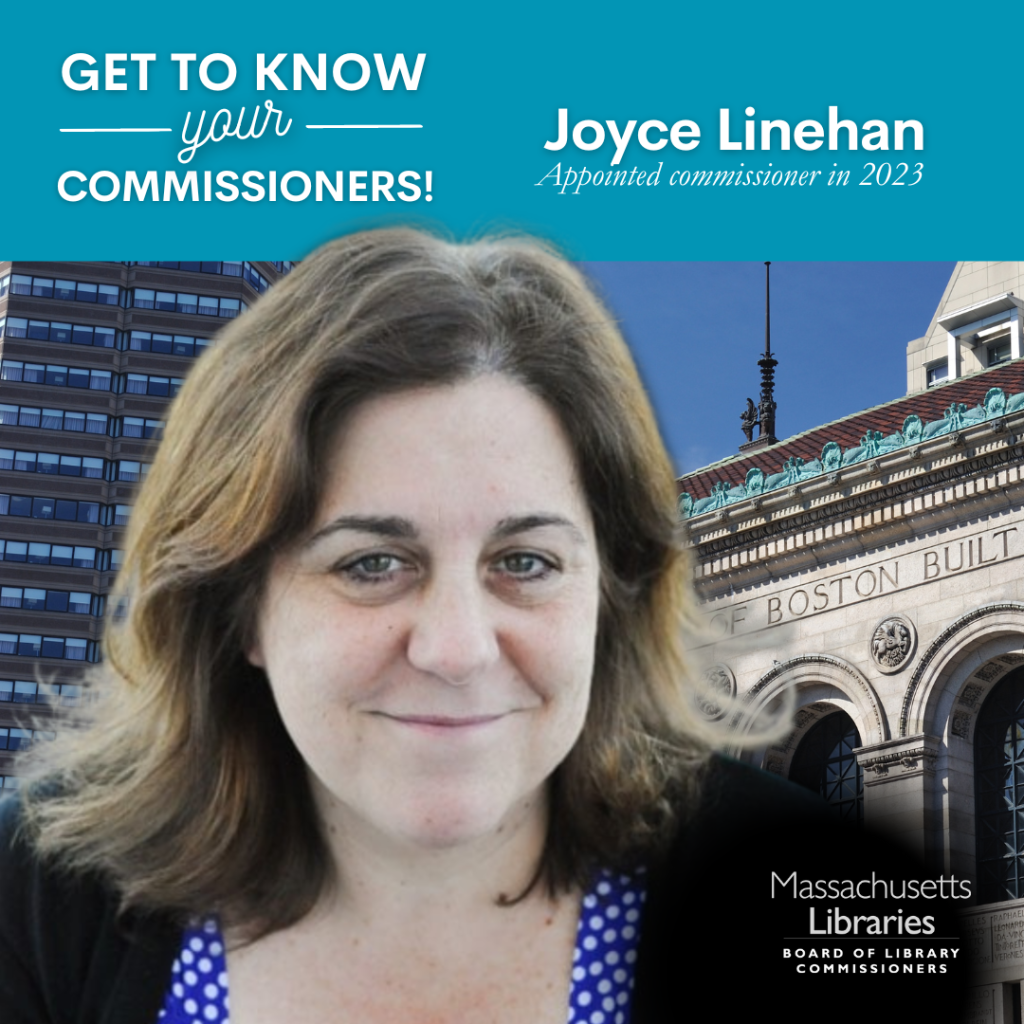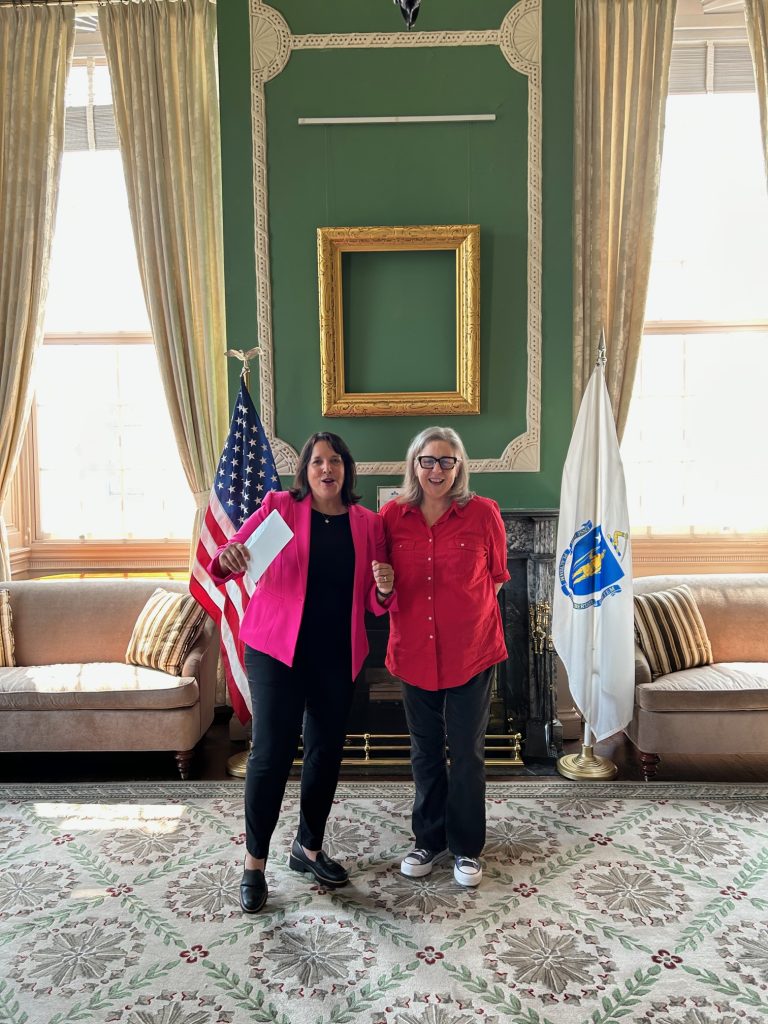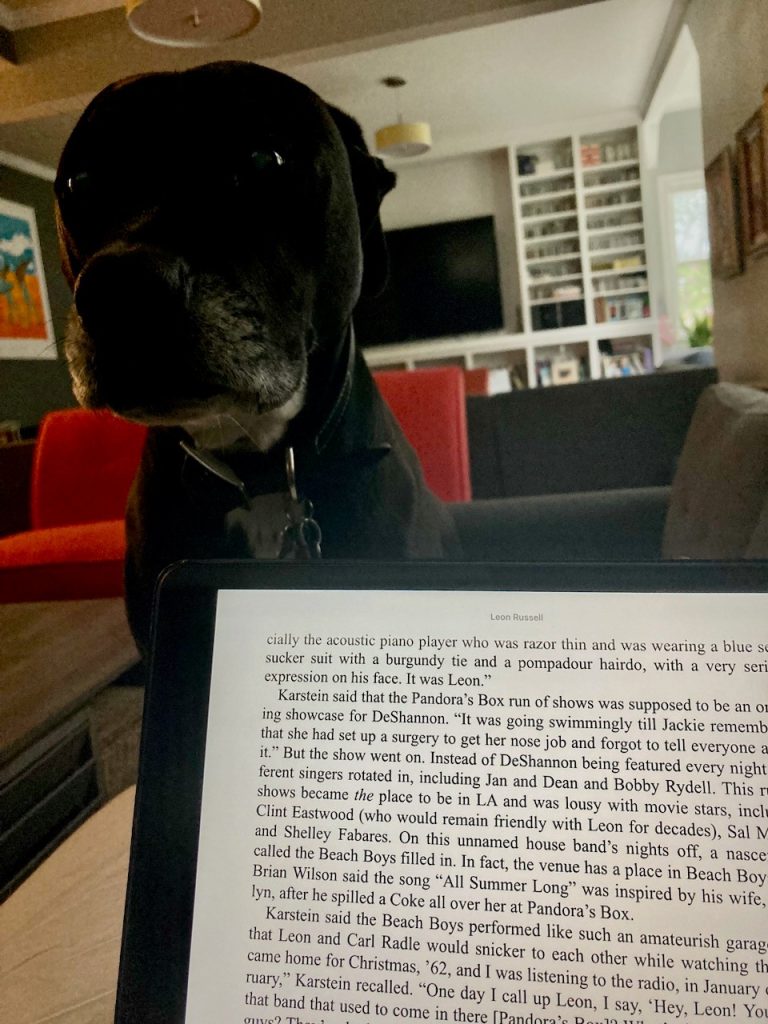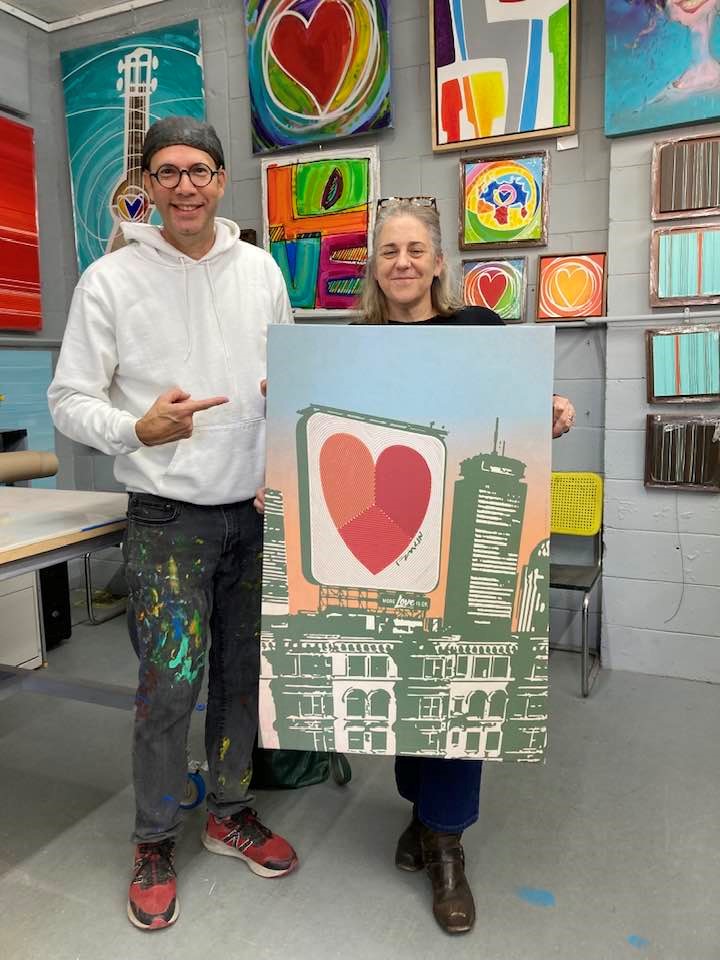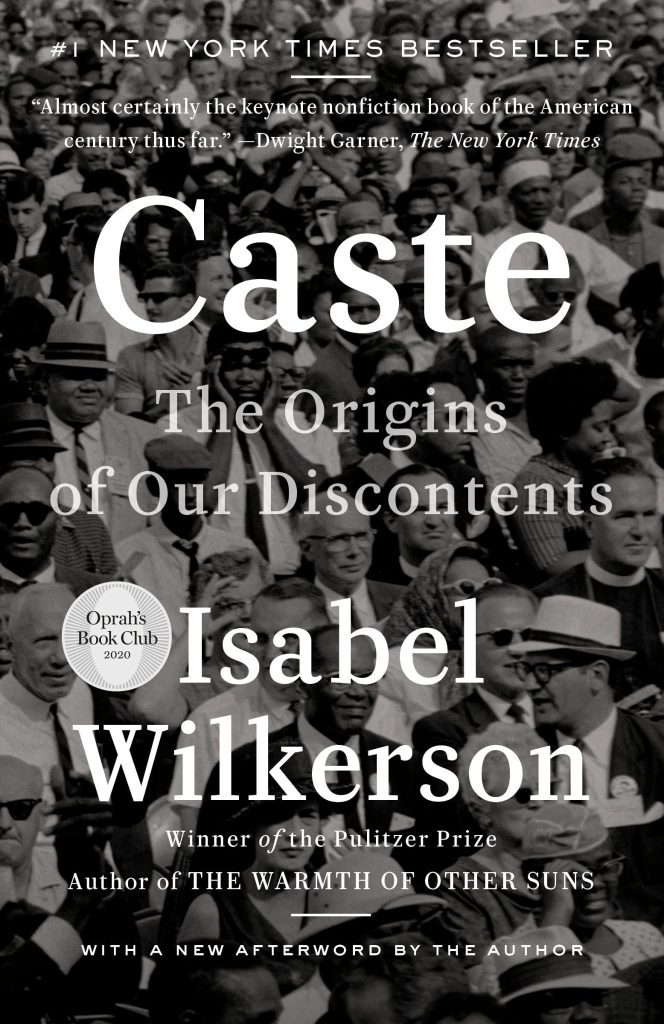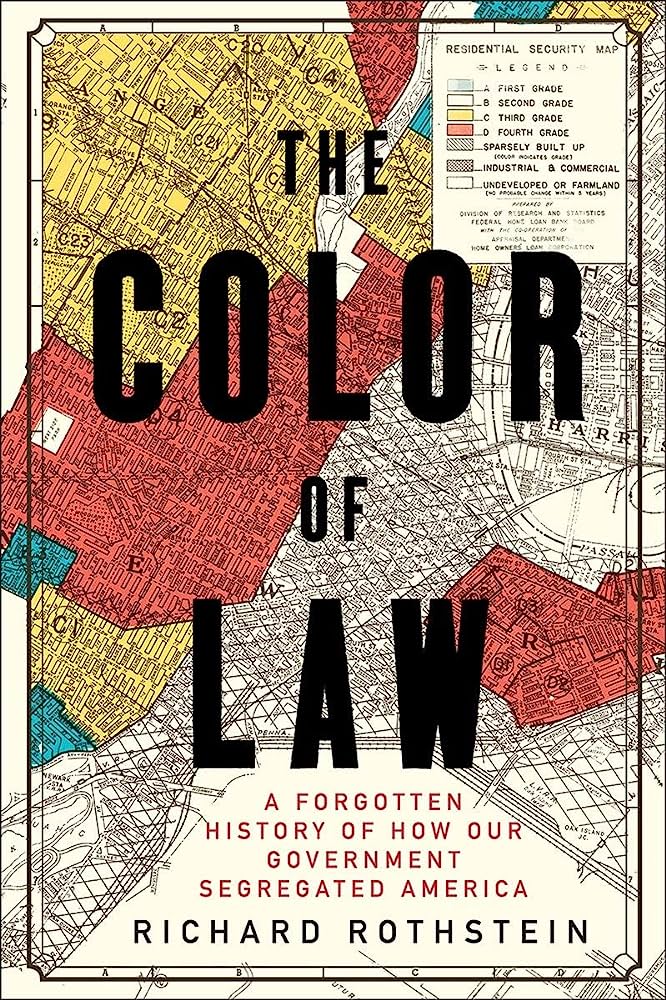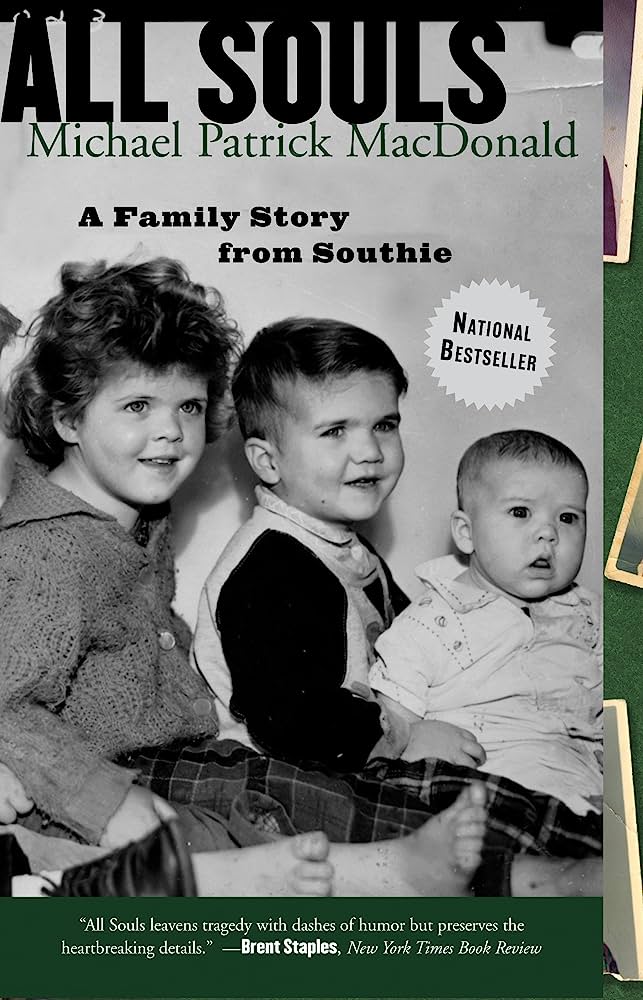October 30, 2025
Dear Governor Healey:
The Massachusetts Board of Library Commissioners (MBLC) would like to thank you, the Lieutenant Governor, and your administration for your unwavering support of libraries. Being a part of our conferences, construction events, filing a federal lawsuit to prevent the dismantling of the Institute of Museum and Library Services, and attending one of our meetings as we grapple with book bans mean so much to the entire library community.
In the coming months, we know that your administration will face difficult choices as you formulate the FY2027 state budget. In light of the ongoing issues and uncertainty brought on by the federal cuts, policies, and executive orders, we want to provide you with a snapshot of how the Commonwealth’s libraries are doing, the challenges they are facing, and the ways that librarians are rising to meet the moment.
For many, life today means living in fear simply because of who they are. Rising prices make it harder for families, older adults, and young people just starting out to make ends meet. Massive layoffs at the federal level, and the destabilization of some of the Commonwealth’s most important sectors makes one wonder if the next job to be cut will be theirs. People who live in the margins become even more vulnerable.
These are the people we serve every day, and this is why libraries are needed now more than ever. Immigrants find support and citizen classes. Preschoolers and adults learn to read. Jobseekers sharpen skills. Teens find research help and buckle down in quiet study spaces. People with disabilities find materials that provide access. Unhoused people find a safe place to be for a while. People connect and no longer see each other as “other.”
Perhaps most importantly, everyone who walks into the library finds materials and events that represent diverse perspectives. Books that are banned in many other states are on the shelves in Massachusetts libraries because librarians and library staff continually defend everyone’s right to read.
It is in times of hardship and uncertainty that even more people turn to libraries. It’s what we’re already experiencing with an all-time high of more than 65 million items checked out last year. People of all ages, abilities, and backgrounds are going to library events — attendance rates jumped by 35%. The usage of eBooks, which can cost up to 6 times the consumer price for libraries to purchase, skyrocketed by more than 300% in the last decade. Community use of library meeting rooms increased by 30% over the same time period.
And that’s just “traditional” library services. Libraries connect people with essential services, as safety nets are eroding. For example, some of these critical programs are:
- Public libraries in Cambridge, Pittsfield, Somerville, Worcester and Boston have hired full-time library social workers to support many needs including benefits eligibility and applications, food resources, housing, and employment; and resources for immigrants, refugees, LGBTQ+, and justice-impacted folks.
- Plymouth Public Library’s Recovery Corner provides people with low-barrier access to information on substance use disorder, treatment options and centers, as well as harm reduction centers and supplies.
- The Montague Public Library developed teen-centric programming and collections that address social isolation and mental health among tweens and teens. This project is in partnership with The Brick House, a nonprofit youth resource center.
- The Wayland Public Library’s home delivery service enables access to library resources for people unable to visit the library on their own, reducing feelings of isolation and keeping folks connected to their communities and interests.
Libraries across the state are now loaning integrated assistive and adaptive technology to patrons with disabilities. These range from practical tools, such as wheelchairs and eyeglasses, to high-tech tools like screen readers and cutting-edge scene interpreters driven by artificial intelligence. Partnerships between the Perkins Library, the ARC of Massachusetts, the Massachusetts Commission for the Deaf and Hard of Hearing, and the library community allow access to expert guidance and referrals.
Libraries across the Commonwealth are not just providing traditional library services. Every day, libraries are stepping in to support people in ways that other organizations are not, or cannot.
Just as more and more people turn to libraries, funding for libraries is being cut. Earlier this year due to interruptions in federal funding, the MBLC was forced to make cuts to statewide services. This spring, several libraries including Stoneham, Lynnfield, and Orange faced drastic local cuts or closure.
Last year we tracked 22 municipalities that had to resort to budget overrides to fund library operations. For this fiscal year, we’ve already heard from many libraries that are facing cuts from their municipalities.
It is why even in this most difficult economic year, the Massachusetts Board of Library Commissioners respectfully requests local aid to libraries through the State Aid to Public Libraries Program line 7000-9501 be prioritized and increased by 5% to $21 million from FY26’s $20 million. This is critical unrestricted direct local aid that libraries can use to maintain their services. It has a massive impact across the Commonwealth with 347 out of 351 municipalities certified in the program and receiving this funding. For libraries and the millions of people who depend on them, it’s a lifeline.
Thank you again for your tremendous support and for your consideration. In 2024, you said the following at our conference: “Libraries are many things to many people. The one thing they are to all people, and every community is: indispensable. No other institution. No other space. No other agency of government or private-sector enterprise can do what libraries do – or do what librarians do.” Those words inspired us then and continue to do so today.
Sincerely,
Vicky Biancolo, Chair
Timothy Cherubini, Vice-Chair
Joyce Linehan, Secretary
Katherine Chang, MBLC Commissioner
George Comeau, MBLC Commissioner
Deborah Conrad. MBLC Commissioner
Kemarah Sika, MBLC Commissioner
Jessica Vilas Novas, MBLC Commissioner
Karen Traub, MBLC Commissioner
